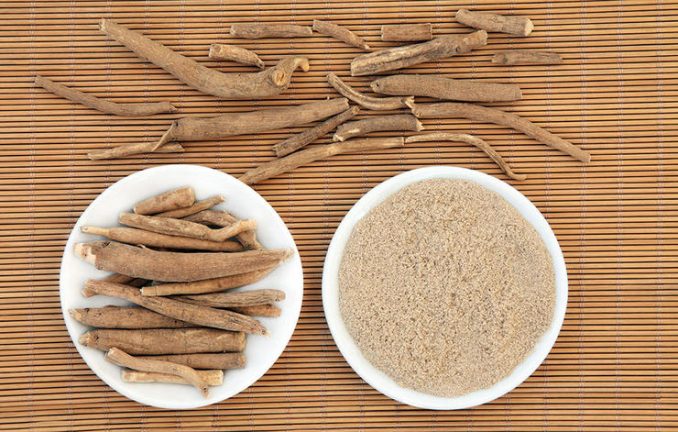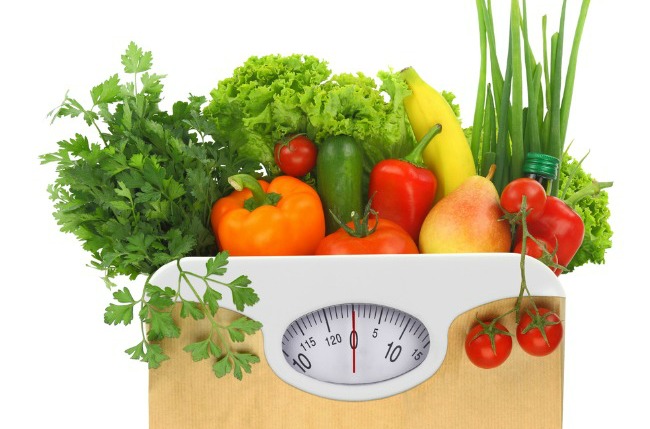

Last time around, we talked about how adaptogens bring you back to balance, and increases our energy without leading to a crash.
To reiterate our point, an adaptogen is any substance, generally from an herbal or a plant-based food, we ingest that balances the body.
So you may wonder, what are some adaptogens you can ingest to improve your health and vitality?
Today, we’re back with alternative health expert, Dr. James Costello, again to talk about the 4 adaptogens that may boost your energy, improve your health, and more.
We’ll be discussing:
- Why ginseng can potentially give you an energy boost, and may also drain you
- Why astralagus is anti-aging by fighting against inflammation
- Bacopa – brain enhancer for anxiety and depression?
- Rhodiola – tonic for adrenal fatigue?
- Why more herbs is not always better, and why you need to be taking herbs a certain way

Ginseng: Energy & Vitality Booster?
Lana: What are some quality adaptogens that you suggest we start taking?
James: I like to recommend things with an immediate feedback available with the patient. Take this guy as an example – someone who’s a bit slow in the bedroom and at work, got the bags under his eyes, looking a little bit gray.
I’d say, let up on the alcohol a little bit and get some ginseng into your program. There are a lot of fake ginsengs out there. I think the Korean Red Ginseng is the best one, as far as latest research showing that it’s the most natural and powerful one.
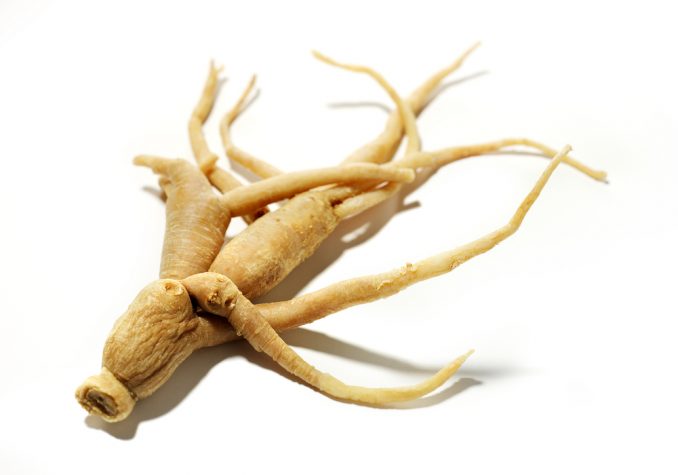
But, some guys, in Chinese medicine, tend to run hot or in Ayurveda they’re a basic fire personality. So you have to be careful in giving them ginseng.
Since ginseng is a very hot herb substance, or hot root, sometimes these guys come back, they go, “Yeah, I feel energetic, but I’m a little bit wired. My eyes burn. I feel a little more nervous than I used to be. And it’s actually making me want to drink more alcohol.” This is, obviously, an instant tonic to feeling overstimulated.
As we recommend adaptogens, it’s just like recommendations in Chinese medicine. You really have to know your patient, and the patient has to know themselves to say, “You know what, I’m going to try this. I know what results I’m supposed to get. But I’m going to come back to you, and we’re going to consult further on what we’re taking.”
Anything that I recommend, don’t just think it’s for everybody. You really have to try it yourself and say –is this adaptogen taking me from being too slow to being a little faster? Or is it taking me from being fatigued to being into a little more energy? Or is it taking me from not being able to sleep into sleeping a little better?
If not, it might not be the adaptogen for you. So that’s kind of the caveat I would give with recommending any of these things that I’m going to mention. One of my favourites is ginseng, even though I don’t really like to take it. It overloads me. But a lot of people I’ve recommended it to just love it.
Astralagus: Better Sleep and Anti-aging?
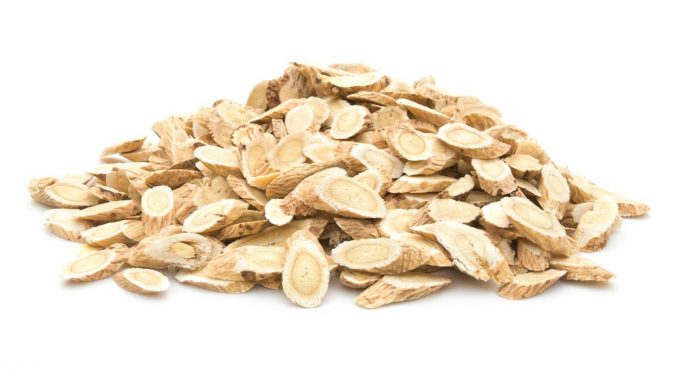
Lana: For sleep?
James: For sleep, I would not recommend ginseng; one herb that I really like is called astragalus. It’s a fundamental herb we use in Chinese medicine. It’s known for giving longevity, fighting inflammation, supporting the kidney. Modern day research says it reduces C-reactive protein in the body, which is an inflammation marker that shows you’re in trouble.
If your C-reactive protein is up, you got trouble coming around the bend. You don’t want high levels of that in your body. That’s the inflammation marker.
Inflammation is behind every disease. But astragalus is full of amazing substances, such as cycloastragenol. You’ve probably heard that all aging seems to be related to the DNA strands with telomeres on the chromosomes, that tend to wear down and replicate after a certain amount of time in life.
People in their 30s and 40s start to see telomere damage, depending on their lifestyle. And as telomere damage and non-repair happens, we tend to age faster and faster. Cycloastragenol seems to be effective in increasing telomere activity and repair.
And this is right on the cutting edge of modern alternative and Western medicine. Astragalus is really my favourite because it’s obviously such a balancer that it allows your body to do its best and stay balanced.
Rhodiola: Adrenal Fatigue Fighter?
Rhodiola is another one of my favorites. It is great at replenishing the adrenals, reducing fatigue, improving your mood. I really like that one. You should take it for longer periods of time, and it does have what I called a triphasic or a bell-curve response.
You take it, you feel better. You peak out after a while. Then if you continue taking it, you’ll have either no result or even a little bit imbalance. For rhodiola, just be sure that you take it on off, on off.
Bacopa: Brain Enhancer for Anxiety and Depression?
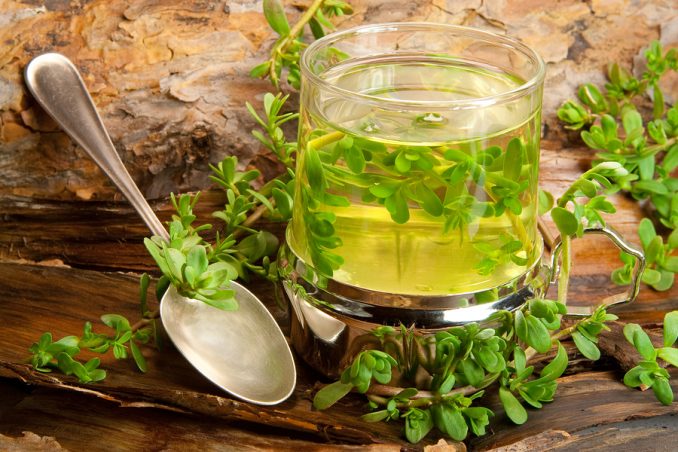
There is another one called bacopa, which seems to be a brain enhancer, works with anxiety and depression. Bacopa can enhance memory and cognitive functions, helping people solve problems faster, balance their emotions and make better decisions.
How and When to Take Herbs
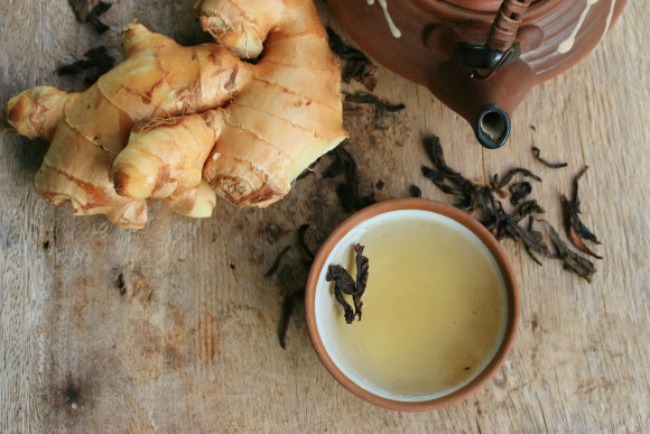
Because herbs build up in your body, take herbs five days, take two days off.
For instance, take herbs Monday to Friday, and don’t take the herbs Saturday and Sunday. Every month, take the herbs for three weeks and then take a week off.
The above has been proven. This is 5,000-year-old knowledge. If you do it that way, you’re going to continue to have the positive effects and benefits of the herb that you want.
Otherwise, you’re starting to play with fire again. It’s just like anything. You just can’t be taking, taking, and taking; more and more is not always better.
In the latter part of the series, we’ll be discussing:
- Adaptogens for more testosterone and higher sex drive
- Why more sex makes women more youthful and eases menopausal symptoms 😉
- Adaptogens versus Viagra for sexual health
You may want to stay tuned here for updates on the latter juicier parts. 😉


